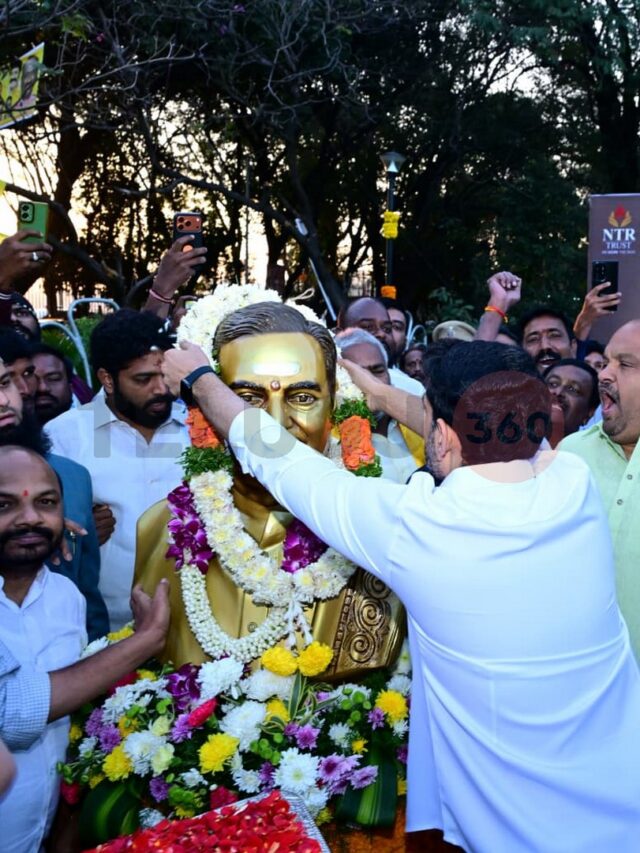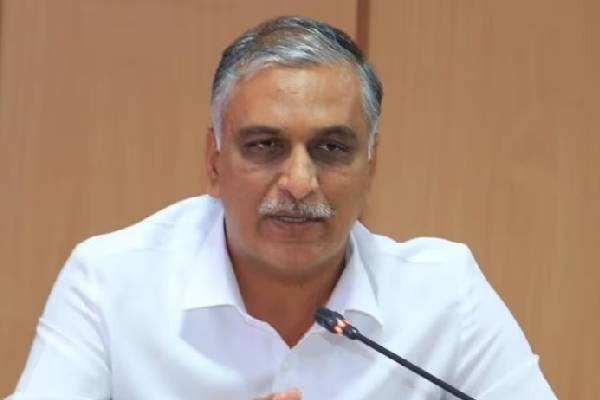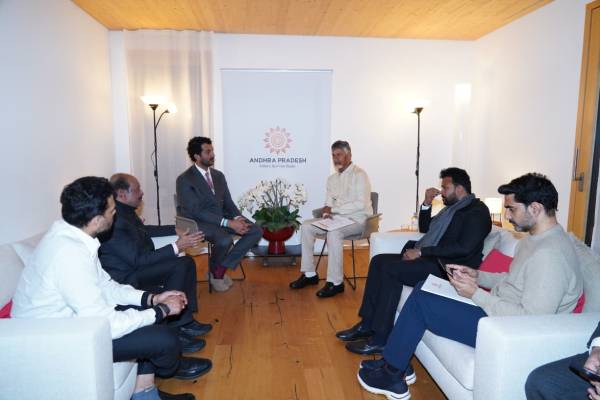Amid the ongoing language row between some of the Southern states and the central government, Andhra Pradesh political leaders seem to be openly advocating Hindi as a unifying and link language that unites the country and also creates new opportunities for individuals. After Andhra Pradesh Deputy Chief Minister Pawan Kalyan, who openly admitted that Hindi should not be treated as a threat to regional languages and exhorted for embracing it with a welcome heart, now it is IT Minister Nara Lokesh’s turn to join the cause.
Last week, Pawan Kalyan sparked a controversy when he questioned why many in South India have a problem to learn Hindi as it would help us to connect with the rest of country. These comments resulted in backlash to some extent because South Indian states have long been opposing what they called Hindi opposition which could throw the identity of regional languages into jeopardy. While the language controversy continues to simmer, Nara Lokesh now opened up about Hindi in a similar manner like Pawan Kalyan.
During his recent tete-a-tete with India Today, Lokesh backed Hindi as a link language alongside English. Lokesh opined the central government’s NEP policy is very good and informed that AP state is in the process of implementing it. Coming to language row, he said it is very unfortunate that one language is pitted against each other for political reasons. He recalled his meeting with central minister Dhamendra Pradhan and recollected how he said that both Modi and Naidu were able to create a strong impact despite learning mother tongue in their schools.
Lokesh insisted on learning Hindi as a link language and said there is nothing wrong in learning as many as possible to succeed in life. He said learning foreign languages like Japanese and German will open more global opportunities for students in our country.
Both Pawan Kalyan and Nara Lokesh appear to be stressing on the need to give Hindi as much priority as English because individuals can find it easy to interact with the people in their day-to-day activities when they move of their home states in search of job opportunities and for higher studies because Hindi is spoken in majority of states across the country. However, their comments are taken out of context and misinterpreted for political reasons.




































